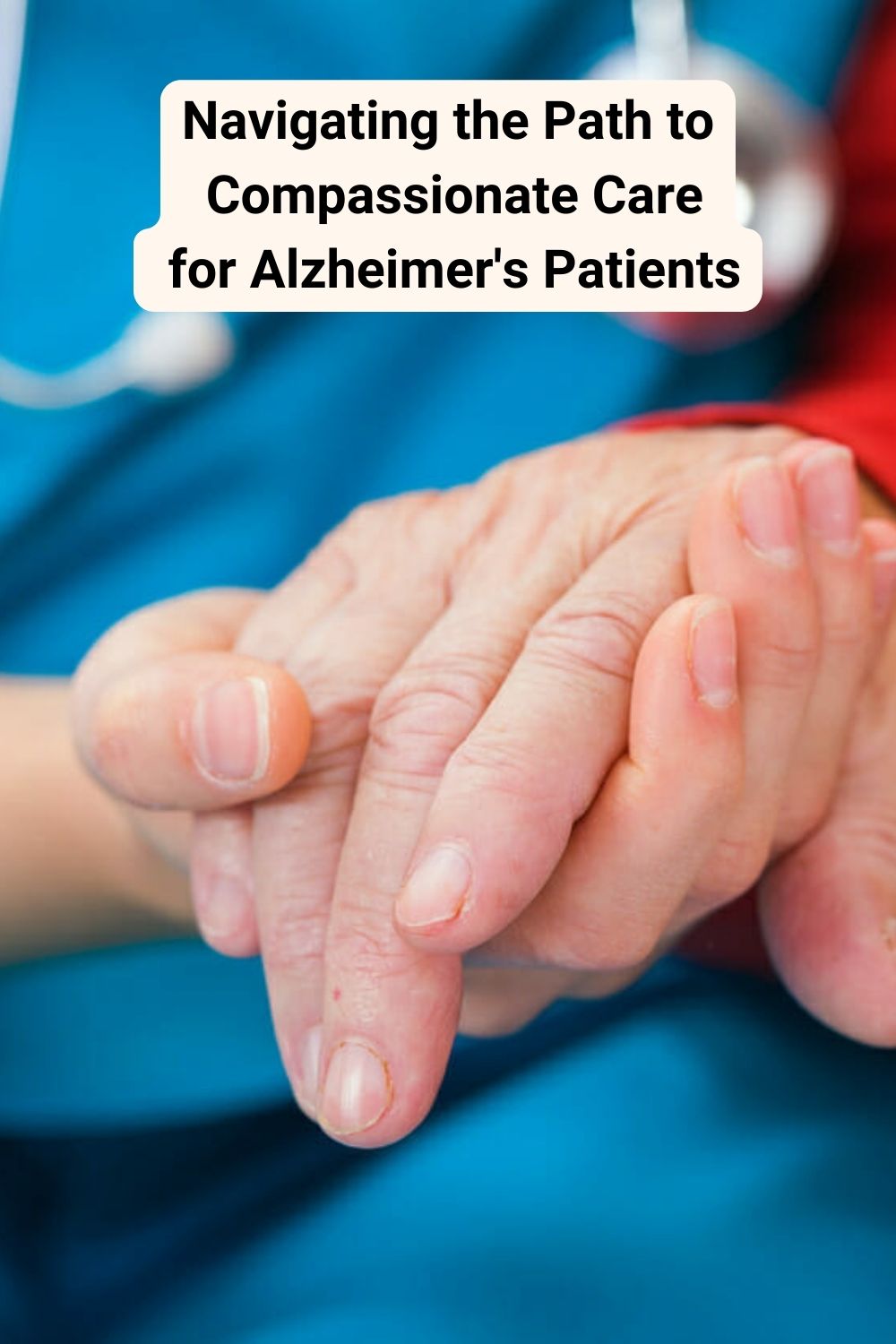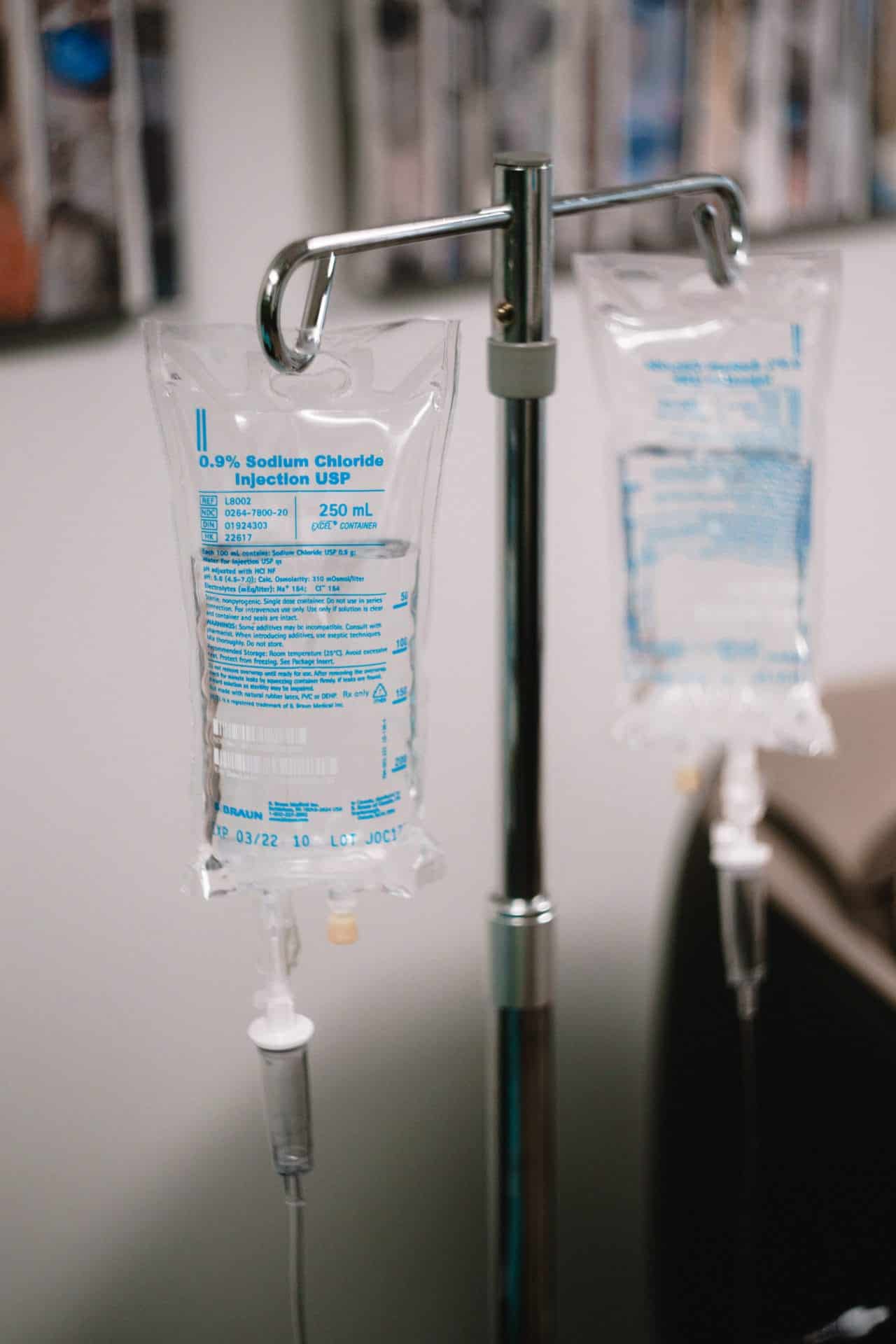Adopting a dog can be wonderful, but it also carries a lot of responsibilities. If you recently adopted a furry buddy, you know the need to give them the greatest care. But do you realize that an adopted dog needs extra care?
When you adopt a dog, you assume responsibility for their welfare, which includes giving them a secure and loving environment. However, adopted dogs could have particular demands and call for more attention than dogs with their owners from birth.
To offer your adopted dog the best life possible, you must learn about the extra care they may need. In this article, we’ll review some important recommendations for taking extra care of your adopted dog. Following these guidelines, you can keep your animal pet happy, healthy, and thriving.
1. Groom Them Often
Regular grooming is an important part of caring for an adopted dog. Grooming keeps your pet’s general health, hygiene, and well-being in check. It includes duties like brushing, bathing, and dog nail trimming.
Regular grooming is especially important for an adopted dog for various reasons. For starters, it keeps their coat clean, tangle-free and lowers the likelihood of matting. Brushing removes dirt, debris, and loose hair from their fur. It also promotes a healthy and lustrous coat by stimulating blood circulation and distributing natural oils.
Another important aspect of dog grooming is nail cutting. Overgrown nails can cause discomfort and health problems. When you trim your dog’s nails, you lower their risk of uncomfortable conditions such as ingrown nails.
Also, grooming sessions allow you to inspect your dog’s skin for abnormalities. Detecting such issues early allows for prompt treatment, preventing them from escalating into more significant problems.
Further, grooming sessions foster bonding between you and your adopted dog. It creates a positive and relaxing experience, building trust and strengthening your relationship.
2. Establish a Routine

A reliable routine helps to create a calm and organized space for your pet. This includes deciding who handles feeding, walking, and other caretaking tasks. Knowing who will tend to each task will bring you and the animal more peace of mind, creating consistent schedules. And if you’ll handle them all, it creates more bonds between you.
Since animals sometimes love to know what to expect, feeding and walking schedules should remain the same with few changes. This comforts them in their environment.
Disorganization can create stress that may lead to anxiety and unwanted behaviors in your pet. Unpredictable fluctuating schedules make it difficult for them to adapt. And this could lead them to feel uneasy, like humans.
With a reliable routine, you can keep things consistent. This way, they know when meals will arrive, when walks begin, or when playtime begins, maintaining a sense of structure throughout the pet world.
3. Provide Environmental Enrichment

Environmental enrichment is key to the well-being of animals, especially dogs. Since your environment is new to your adopted dog, you must find every means to ensure they’re most comfortable. Thus, the environment must be tailored to their needs.
If that means frequent snuggles or hours chasing a toy, dogs need activities that keep them active and entertained. It can help combat boredom, and stimulating their minds through physical activities will also provide mental stimulation.
Another way to encourage environmental enrichment is by providing toys. They can range from food dispensing to chew and puzzle toys. Allowing your adopted dog to explore these items will allow them to engage with their environment more often throughout the day. However, it would be best to observe them to ensure they’re safe for playtime.
These toys must not have small breakable parts that may cause choking hazards or items they could swallow. Further, durable materials such as rubber bones and large ropes are the best bet when selecting an appropriate toy option for your dog. This way, your adopted dog cannot wear down the toy too quickly.
4. Potty Train
The only way to keep your adopted dog from having frequent accidents in the house is to potty train them. Even if they’ve once been housebroken, they may need to re-learn potty behaviors when introduced to a new environment. Through positive reinforcement, you’ll be successful in the training. However, it would be best if you remained patient and consistent.
Try to make trips outside often and supervise them closely when not confined. Give verbal commands, such as “Go potty,” each time you take them out for elimination. If you catch your dog in mid-accident, it is important to interrupt but not punish inappropriate behavior. And right after your dog has excreted outside, reward them with praise or treats!
Doing this will help associate going potty with positive outcomes, which can encourage the repetition of good habits.
When done correctly, positive reinforcement methods are the most effective in teaching potty training behaviors. They are preferable, as they rely on rewarding desirable behaviors instead of punishing mistakes!
5. Help Them Make Friends

You won’t always be there for your adopted dog, so allowing them to socialize won’t be bad. However, you must be patient when introducing your adopted dog to their new friends. As soon as the vaccinations are complete, introduce them to a few friendly dogs on short leashed walks in the park.
Each dog is unique in its personality and preferences. What may seem fun for one might be less exciting for another, so take some time and observe your dog before making any judgments. And, of course, use these early stages to teach them basic commands.
While outdoor activities are integral for any adopted dog, these alone won’t guarantee strong social bonds. Thus, it would be best to create an environment that fosters trust and belief in boundaries while allowing them to adjust to each new experience.
Keep positive reinforcement at hand too. Praise them once they have done what you asked (e.g., being calm around other dogs). This will help shape their behavior in becoming more socialized around others.
Conclusion
Although adopting a dog as a pet can be a joyful experience, it involves many responsibilities. You need to give your adopted dog extra attention, especially in the weeks right after you bring them home. With lots of love, patience, and attention, you can make your new furry buddy feel safe in their new home.



Leave a Reply